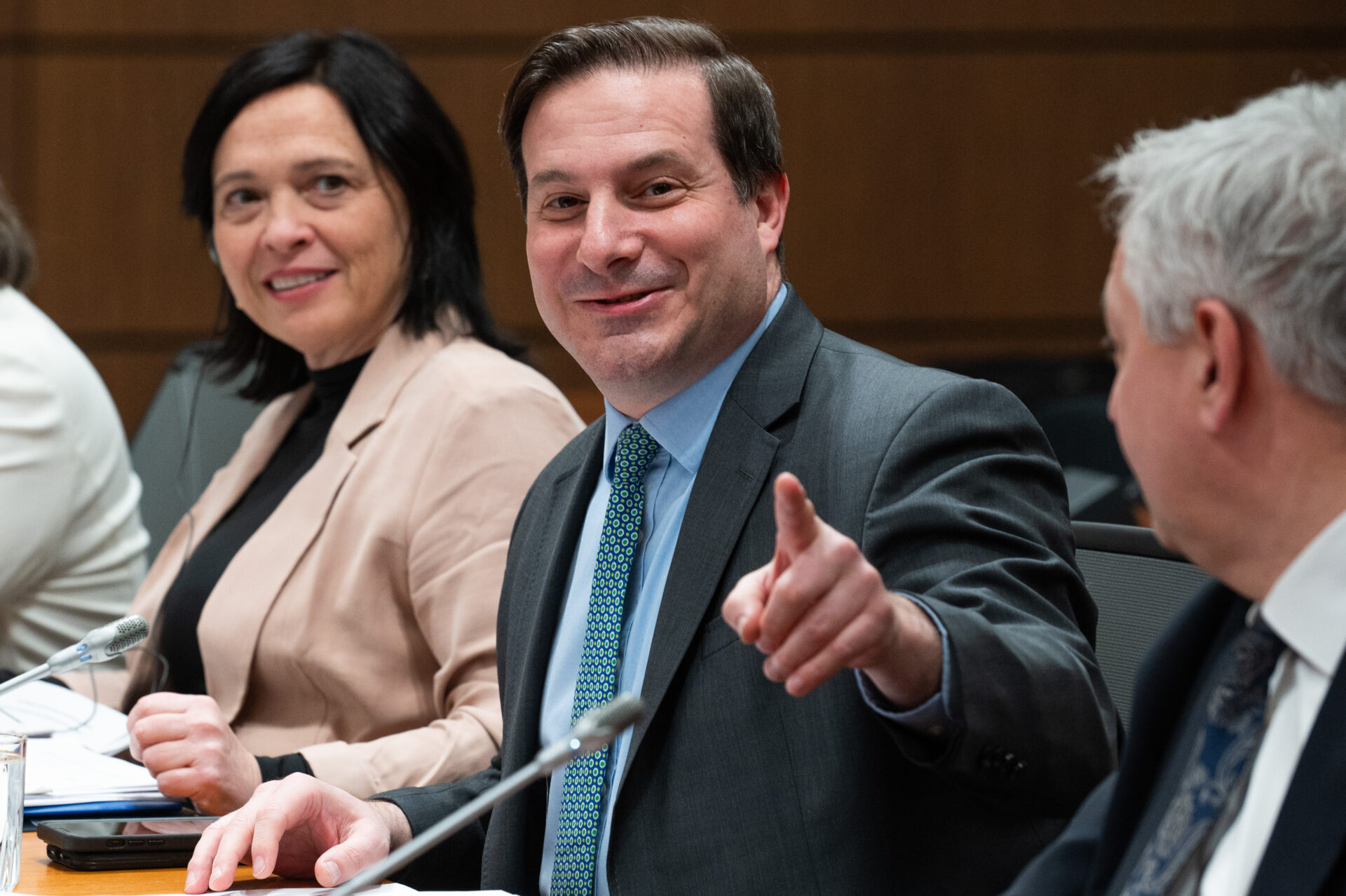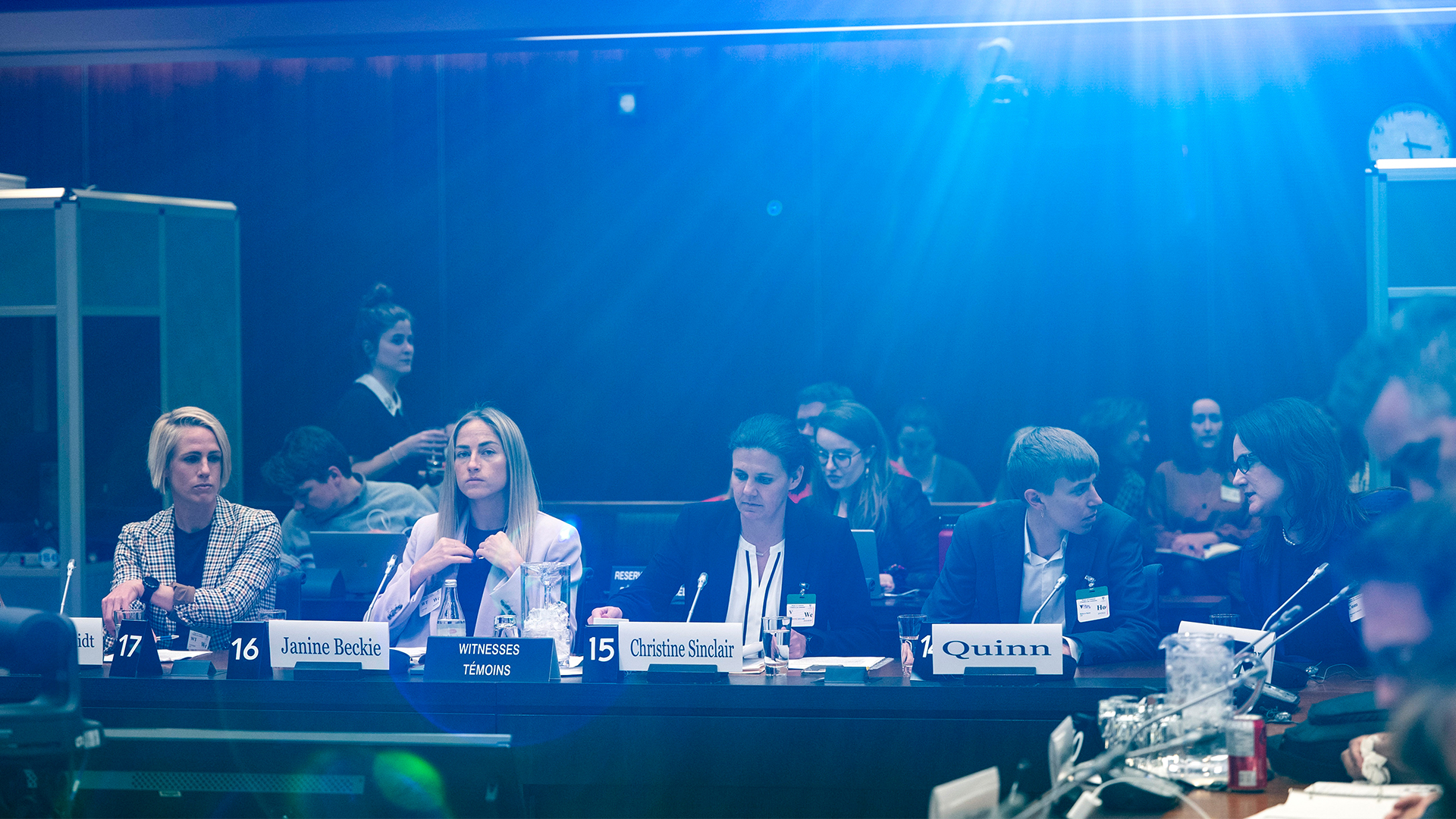
(Version française disponible ici)
Growing polarization in Canadian politics and deepening toxic partisanship have made the House of Commons an ever-more hostile arena where parties play zero-sum games that erode the effectiveness of Parliament. The COVID-19 pandemic demonstrated strong cleavages among Canadians, most evident in the convoy protests in Ottawa in early 2022. Political leaders on all sides have taken to using increasingly divisive rhetoric, and MPs face a rise in threats of violence amid growing toxicity in an increasingly divided Canada.
One area of politics that used to be relatively unscathed by hyper-partisanship is committees, where MPs of all official parties work together to scrutinize government actions and legislation, carrying out a core House function: holding the government to account.
In earlier times, committees largely flew under the radar and quietly got things done. Their proceedings were not broadcast, and the public and media tended to overlook their work, particularly on lower-profile issues. This allowed committee members to leave partisanship at the door and work across party lines on issues of common public interest.
In 1991, committees began broadcasting their proceedings – a decision that would bring change, though not right away. As of 1998, committee operations were still considered “relatively informal, collegial, and less partisan than the House.” But by 2010, the committee environment had changed drastically. Then-Liberal MP Keith Martin lamented that committees were being infected by “partisanship that has poisoned the environment in Parliament” and said they were becoming “an extension of the boxing ring that is the House now.”
Today, committees are in full view, attracting increasing media and public attention. And as polarization continues to spread through politics, there is cause for concern that committees, too, will be wholly overcome by the same toxic partisanship that dogs Parliament.
Former MPs express worry, frustration with state of Parliament
The realities of the “permanent campaign,” stringent party discipline, and increased use of social media in politics have eroded committee effectiveness. And, the risk of further erosion exists. MPs increasingly treat committees as merely an extension of the overall partisan game, preventing effective scrutiny of legislation and government actions even on issues with potential for cross-party co-operation.
Parties have always been part of Parliament. But in the 21st century, fiercer loyalty is demanded of MPs, giving way to unyielding rivalry with opponents. Contributing to this is the concentration of power in the Prime Minister’s Office, which commands deference and obedience from MPs; and the regular use of time allocation, which allows government legislation to be pushed through Parliament with limited scrutiny and debate. Question Period is not taken seriously as a means for governmental accountability – most Canadians think of it only as “politically charged theatre.” For example, a 2022 GreenPAC report found excessive party discipline and partisanship were key barriers to advancing climate action, based on interviews with current and former MPs.
Several publicized examples of committee work demonstrate the spotlight committees operate under risks generating even more polarization.
In 2019, the governing Liberal Party used its majority in the House to impede the Standing Committee on Justice and Human Rights investigation into the SNC-Lavalin controversy by blocking witnesses from attending hearings and limiting the time spent probing the scandal.
In 2021, a united opposition was able to place significant pressure on the minority government through the Special Committee on the Canada-People’s Republic of China Relationship. The committee requested unredacted documents relating to the firing of two scientists from the Winnipeg National Microbiology Laboratory in early 2021, which it was investigating. However, the government withheld the documents, citing privacy rights and national security interests. The committee responded with public criticism, going as far as having Iain Stewart, president of the Public Health Agency of Canada, admonished by the Speaker of the House for refusing to produce the documents. In doing so, Stewart became the first non-parliamentarian to be reprimanded by the Speaker in more than a century.

More recently, the impact of partisanship on committee operations has been used as an argument in support of calls for a public inquiry into allegations of foreign interference in the 2019 and 2021 Canadian federal elections. Richard Fadden, former CSIS director and deputy minister of national defence, argued that the work of the Procedure and House Affairs Committee “will be hampered because of partisanship,” as the committee is “so partisan that it puts into doubt its ability to come to an objective set of conclusions.”
NDP MP Peter Julian similarly referred to hyper-partisanship in committees in his motion calling for a public inquiry, arguing that a committee review would see elected officials scoring political points rather than effectively addressing reports about foreign election interference.
To be clear, not all partisanship is necessarily harmful. Parties play an important role in Canadian politics by aggregating interests, developing policy, and organizing public opinion. It is unrealistic to expect MPs to completely shed their partisan identities in committees.
However, this trend toward hyper-polarization and hostility in Parliament prevents MPs from effectively scrutinizing government decisions. Combined with increased public and media attention on committee operations, it is clear that something needs to change.
There is a pressing need for a more co-operative style of politics in Canada. A good start is an initiative such as the Institute for Future Legislators, which seeks to educate those interested in running for office on the importance of a more collaborative political environment.
Rather than being yet another avenue for party discipline to take hold in Parliament, committees should be a place where MPs have an opportunity to put aside partisanship and work together. The important work they do should not be overshadowed by partisan games and soundbites.
This article is part of the Making a Better Parliament special feature series.












